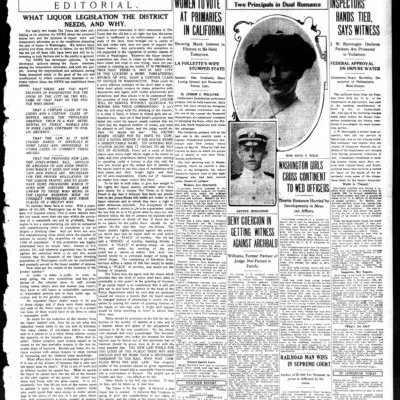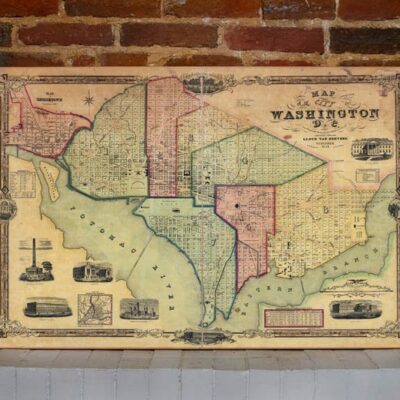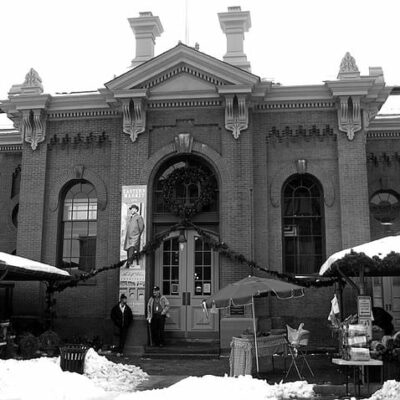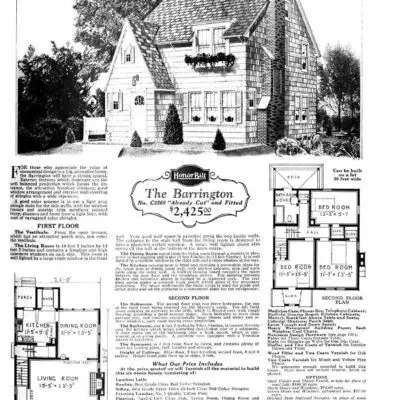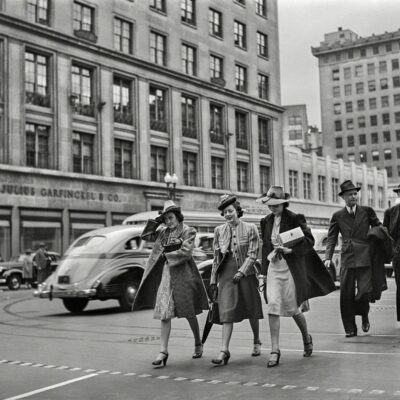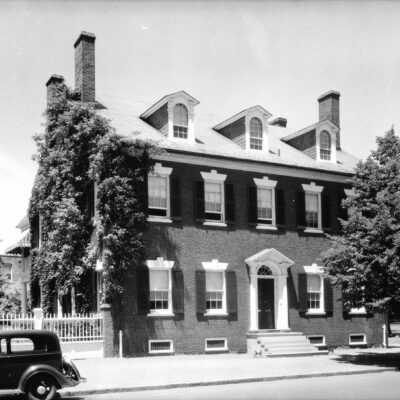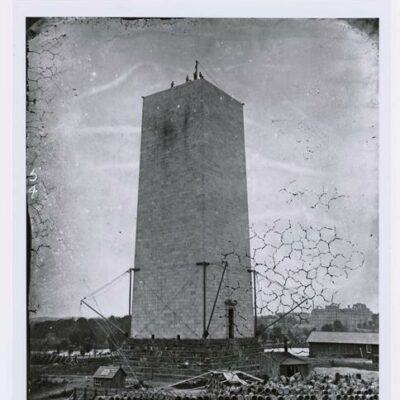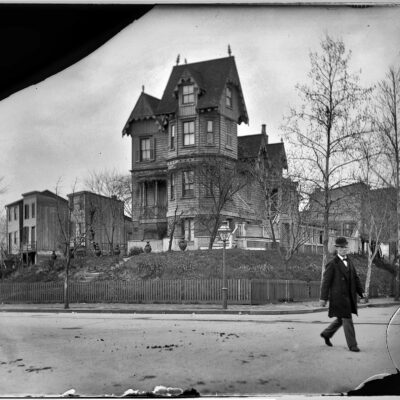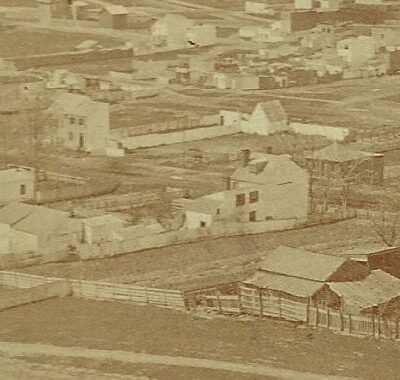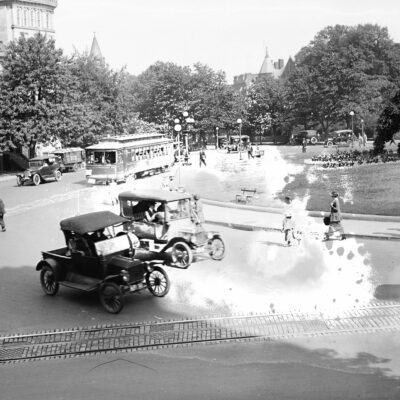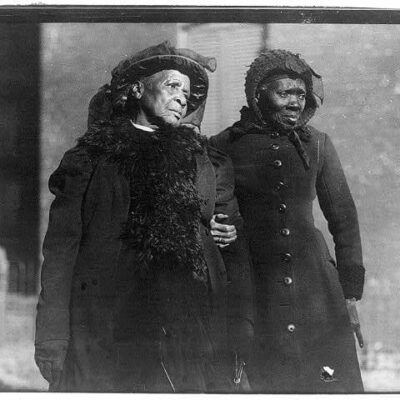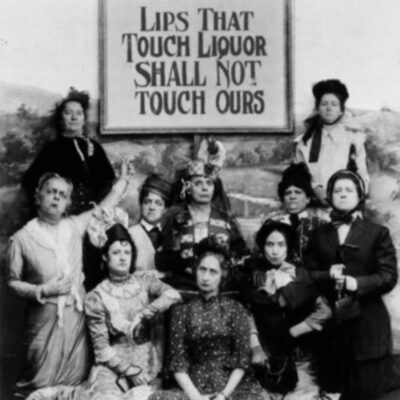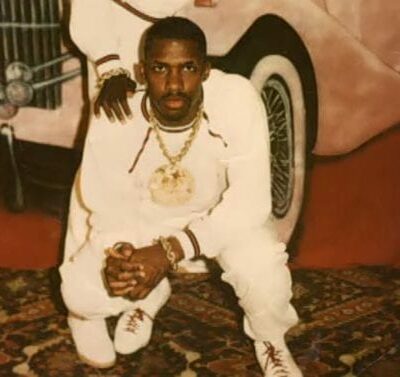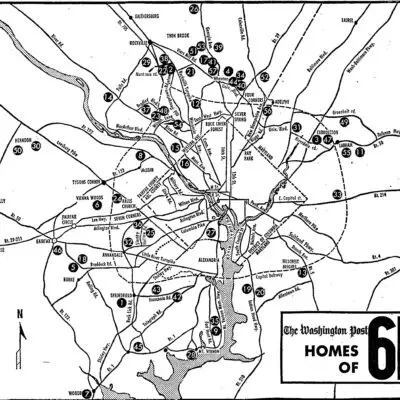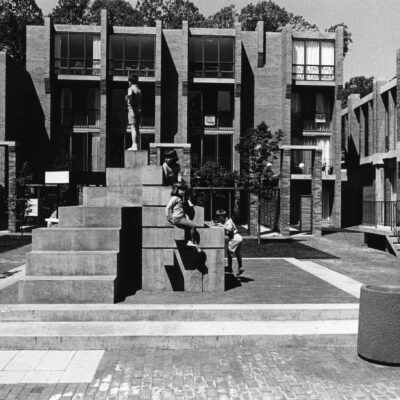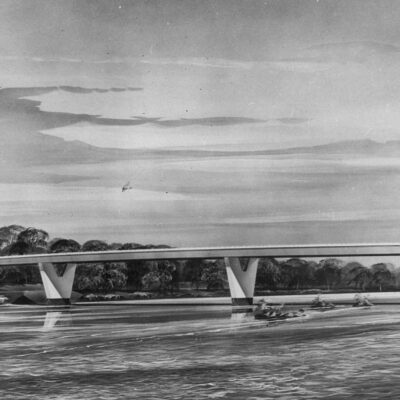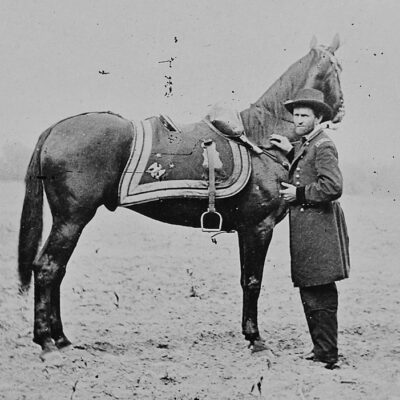Last weekend, we stumbled across a great window into social life in 19th century Washington. “The Olivia Letters,” written in 1906 by Emily Edson Briggs, provides terrific insight into what our city was like, especially with regards to the formalities and rules of etiquette.
Briggs was one of the first female newspaper correspondents in the city, covering Congress and the city as a social commentator. She also had access to cover the White House, due to her friendship with First Lady Mary Todd Lincoln.
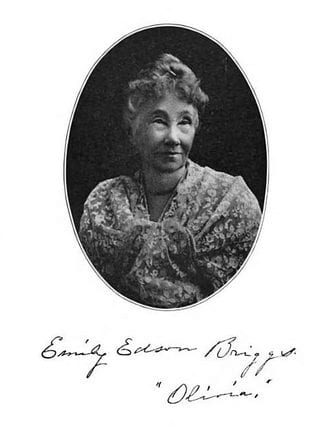
Prior to her work in journalism, she wrote a letter to the Washington Chronicle under the pseudonym “Olivia” to express her concerns over the improper depictions of women working as government clerks. Her intellect and eloquence impressed the editor so much that he gave her a weekly column.
One of the most insightful parts of the book is a section about etiquette. Below is an excerpt.
OFFICIAL ETIQUETTE
RULES THEREFOR AS DRAWN BY PRESIDENT WASHINGTON–THE EXISTING CODE
Washington, February 10, 1870.
Originally the word “etiquette” meant a mark or title affixed to a bag or bundle denoting its contents, but in the modern acceptation of the word it is an account of ceremonies. It is a term applied to the forms which are observed toward particular persons, or in particular places, especially in courts, levees, and on public occasions.
In the beginning of the nation’s life our beloved forefathers thought that all these forms which marked the distinction between classes or individuals should be done away with at the same time with all the rest of the hollow mockeries which go to make a monarchical form of government. Notwithstanding President Washington meant to practice republican simplicity at the headquarters of the nation, “courtly” ways did creep into daily social intercourse.
…
During these chaotic, unsettled days our far-seeing Washington realized that some rules and just regulations must be formed, lest the dignity of the Republic should be found trailing in the dust. He saw that it was necessary to establish a rank without violating the Constitution, which prohibits Congress and the States from granting any title of nobility. Of so much importance to the country did he consider this subject that he addressed letters to Messrs. Adams and Hamilton, asking their attention and advice upon certain points of etiquette touching the deportment of the President of the United States. After mature reflection, the three wise men, Messrs. Washington, Adams, and Hamilton, fixed upon certain rules, which were afterwards endorsed by Jefferson.
-ad 199-
After setting a good background as to the origins of our etiquette, shes dives into the formalities and rules of social Washington.
In later years a set of rules has been adopted which is called the “Code.” It is said all branches of the Government were appealed to in order to be suited, and the rules of the code were the result; but whether President Monroe or some other dignitary of those days was the author, the writer has no means of ascertaining.
THE CODE.
The President.–Business calls are received at all times and hours when the President is unengaged. The morning hours are preferred. Special days and evenings are assigned each season for calls of respect,–one morning and evening a week being assigned for this purpose.
Receptions are held during the winter season, generally once a week, between 8 and 10 o’clock in the evening, at which time the guests are expected in full dress, and are presented by the usher.
The President holds public receptions on the first of January and the Fourth of July, when the diplomatic corps present themselves in court costume, and the officers of the Army and Navy in full uniform. The executive, legislative, and judicial branches of the Government are received between the hours of 11 and 12; after which the diplomatic corps officers of the Army and Navy, and civilians en masse.
The President accepts no invitations to dinner, and makes no calls or visits of ceremony but is at liberty to visit without ceremony, at his pleasure. An invitation to dinner at the President’s must be accepted in writing , and a previous engagement cannot take precedence.
-ad 607-The address of the Executive in conversation is Mr. President.
The Vice-President–A visit from the Vice-President is due to the President on the meeting of Congress. He is entitled to the first visit from all others, which he may return by card or in person.
The Supreme Court.–The judges call upon the President and Vice-President, annually, upon the opening of the court, and on the first day of January.
The Cabinet.–Members of the President’s Cabinet call upon the President on New Year’s day and the Fourth of July. First calls are also due from them, by card or in person, to the Vice-President, judges of the Supreme Court, Senators, and the Speaker of the House of Representatives, on the meeting of Congress.
The Senate.–Senators call in person on the President and Vice-President on the meeting of Congress and the first day of January; and upon the President on the Fourth of July, if Congress is in session. They also call in person or by card upon the judges of the Supreme Court and the Speaker of the House of Representatives on the meeting of Congress.
The Speaker of the House of Representatives.–The Speaker calls upon the President on the meeting of Congress, the first day of January, and the Fourth of July if Congress is in session. The first call is also due from him to the Vice-President on the meeting of Congress.
The House of Representatives.–Members of the House of Representatives call in person on the President on the first day of January, and upon the Speaker of the House on the opening of each session. They also call, bu card or in person, upon the President on the Fourth of July, if Congress is in session, and upon the President, Vice-President, judges of the Supreme Court, Cabinet officers, Senators, Speaker of the House, and foreign ministers soon after the opening of each session of Congress.
Foreign Ministers.–The diplomatic corps call upon the President on the first day of January, and upon the Vice-President, Cabinet officers, judges of the Supreme Court, Senators, and Speaker of the House, by card or in person, on the first opportunity after presenting their credentials to the President. They also make an annual call of ceremony, by card or in person, upon the Vice-President, judges of the Supreme Court, Senators, and Speaker of the House, soon after the meeting of Congress.
-ad 611-The Court of Claims.–The judges of the Court of Claims call in person upon the President on the first of January and the Fourth of July. They also make first visits to the Cabinet officers and diplomatic corps, and call by card or in person upon the judges of the Supreme Court, Senators, Speaker, and members of the House, soon after the meeting of Congress.
-ad 618-The families of officials.–The rules which govern officials are also applicable to their families in determining the conduct of social intercourse.
I’m exhausted just reading through all of these formalities. It continues.
The “Code” also says that the President accepts no invitation to dinner. This has heretofore been the custom, not because the President was a man, but because the man was a President, and, therefore, it was necessary to give no citizen cause for complaint, for if the President dines with one neighbor, why not with another? Besides, there are millions who would be glad to share their crust with this man. Ulysses S. Grant proves to the world that he is not above being a man because he has been elected President, and that he has no objection to going out to dinner, provided the viands be substantial and all the beverages pure. But let it be understood, the President does not scatter the bright light of his countenance indiscriminately, for only certain aristocratic dwellings are honored at dinner time by the presence of power.
I certainly don’t see this applying today. Fundraising dinner anyone?
This book by Briggs is full of terrific stories and letters, painting a picture of life in our city, one that is completely unrecognizable to us today. Check out the rest of it on Google Books. You will be equal parts enlightened and amused.
